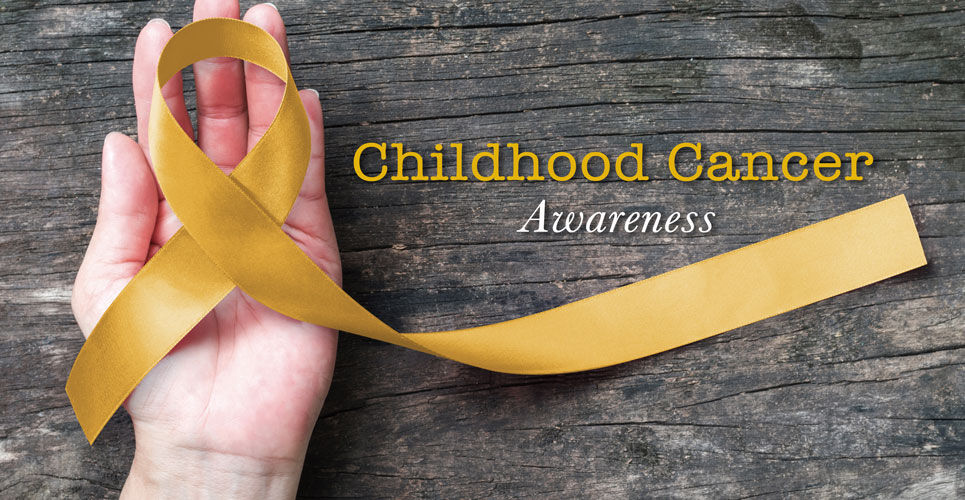A phase 1 -2 trial showed GD2-CART01 to be safe and effective for children with heavily pre-treated, relapsed or refractory neuroblastoma
GD2-CART01 is both a safe and feasible treatment for children with high-risk neuroblastoma according to the findings of a phase 1 – 2 trial by Italian researchers.
Neuroblastoma is responsible for 11% of paediatric cancer deaths and cells express high levels of disialoganglioside GD2. Moreover, targeting this protein, while a valid and safe strategy, requires further modification to promote CAR-T cell longevity. In the current study, researchers used a third-generation CAR-T cell therapy in patients with relapsed or refractory (R/R) high-risk neuroblastoma. The therapy included the inducible caspase 9 suicide gene, designed to kill cells in the presence of dangerous toxic effects.
GD2-CART01 outcomes
The trial enrolled 27 children with heavily pretreated neuroblastoma.
The overall response rate was 63%; 9 children had a complete response and 8 a partial response. The 3-year overall survival and event-free survival were 60% and 36%, respectively. weeks after infusion 33% (8) of patients had a complete response or maintained a complete response (1 patient).
Cytokine release syndrome occurred in 74% of patients but was of mild severity in the majority (95%%). The suicide gene activation occurred in only one patient. GD2-targeted CAR T cells were detectable in peripheral blood in 26 of 27 patients up to 30 months after infusion.
The authors concluded that GD2-CART01 may induce sustained eradication of disease in a proportion of patients with R/R neuroblastoma.
Citation
Del Bufalo F et al. GD2-CART01 for Relapsed or Refractory High-Risk Neuroblastoma. N Eng J Med 2023

